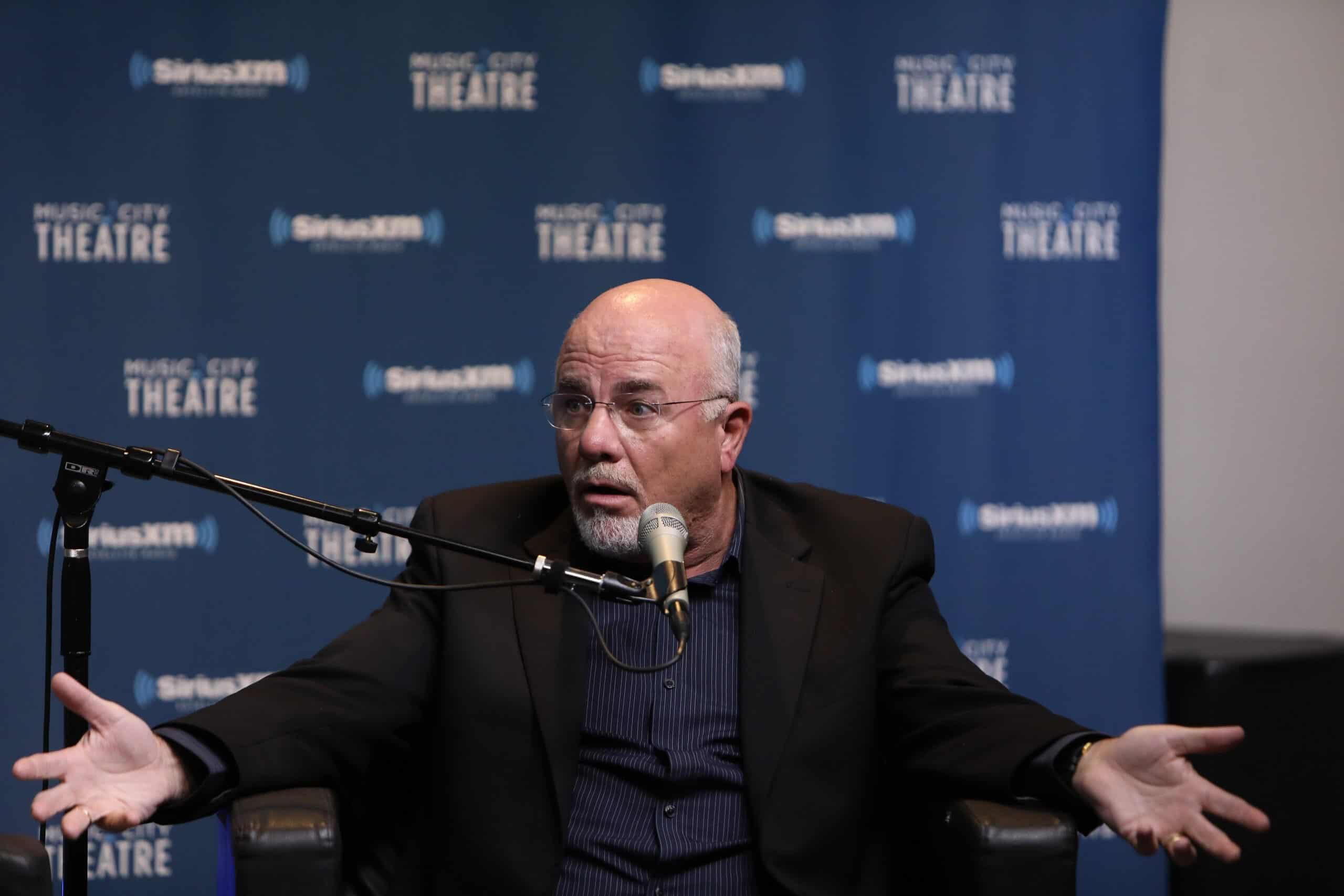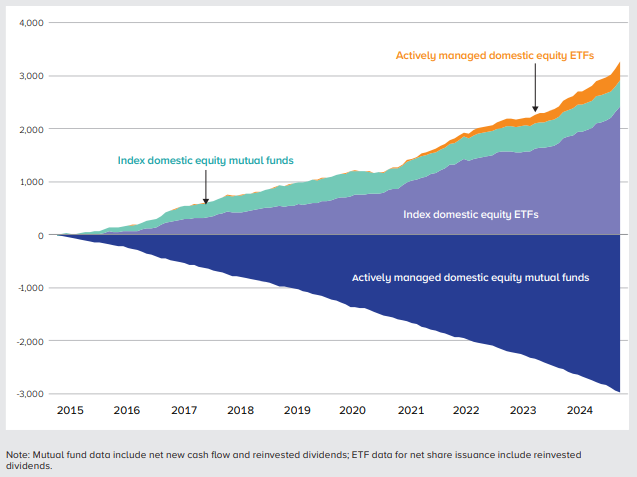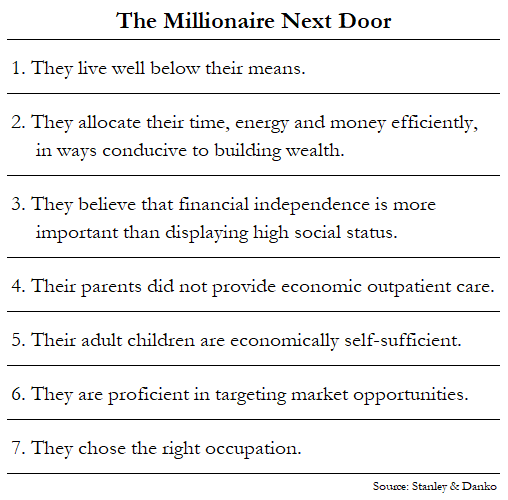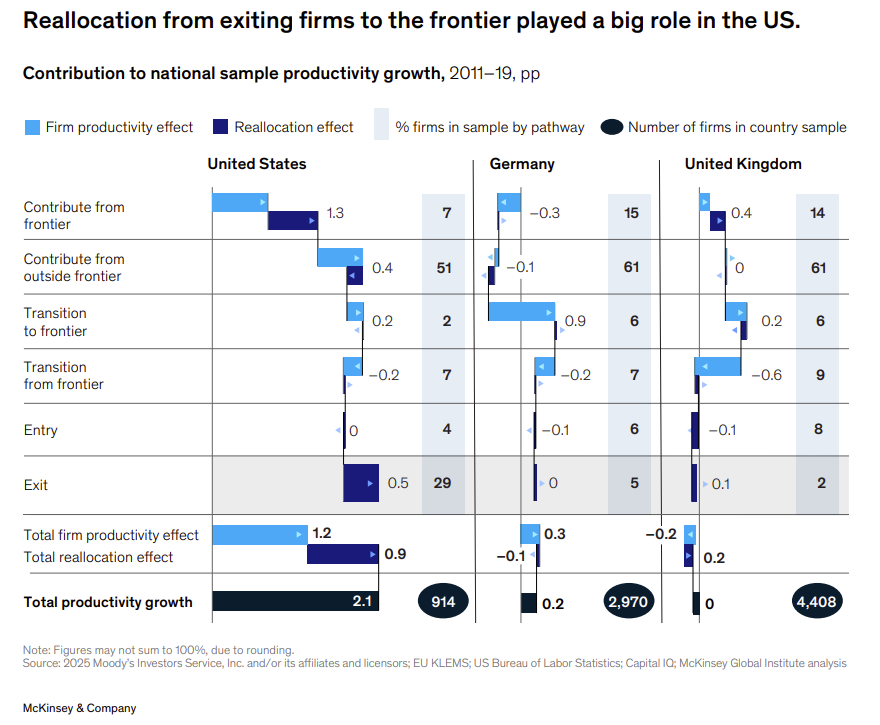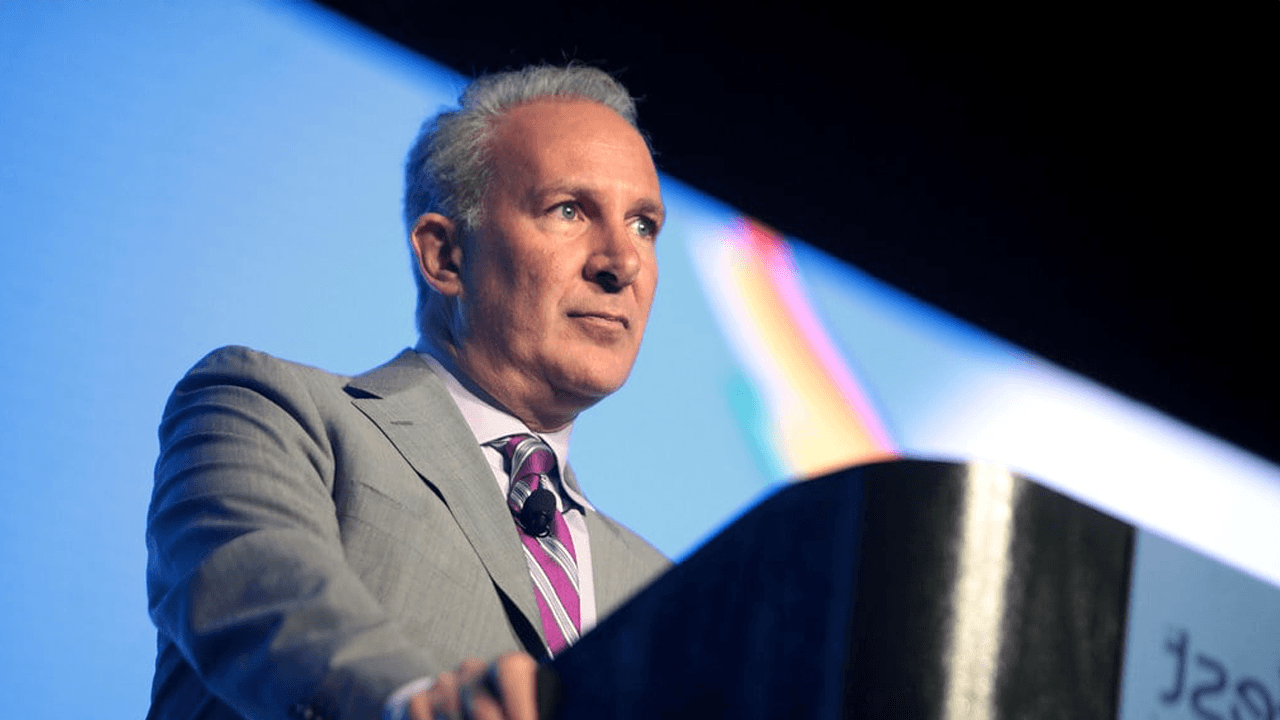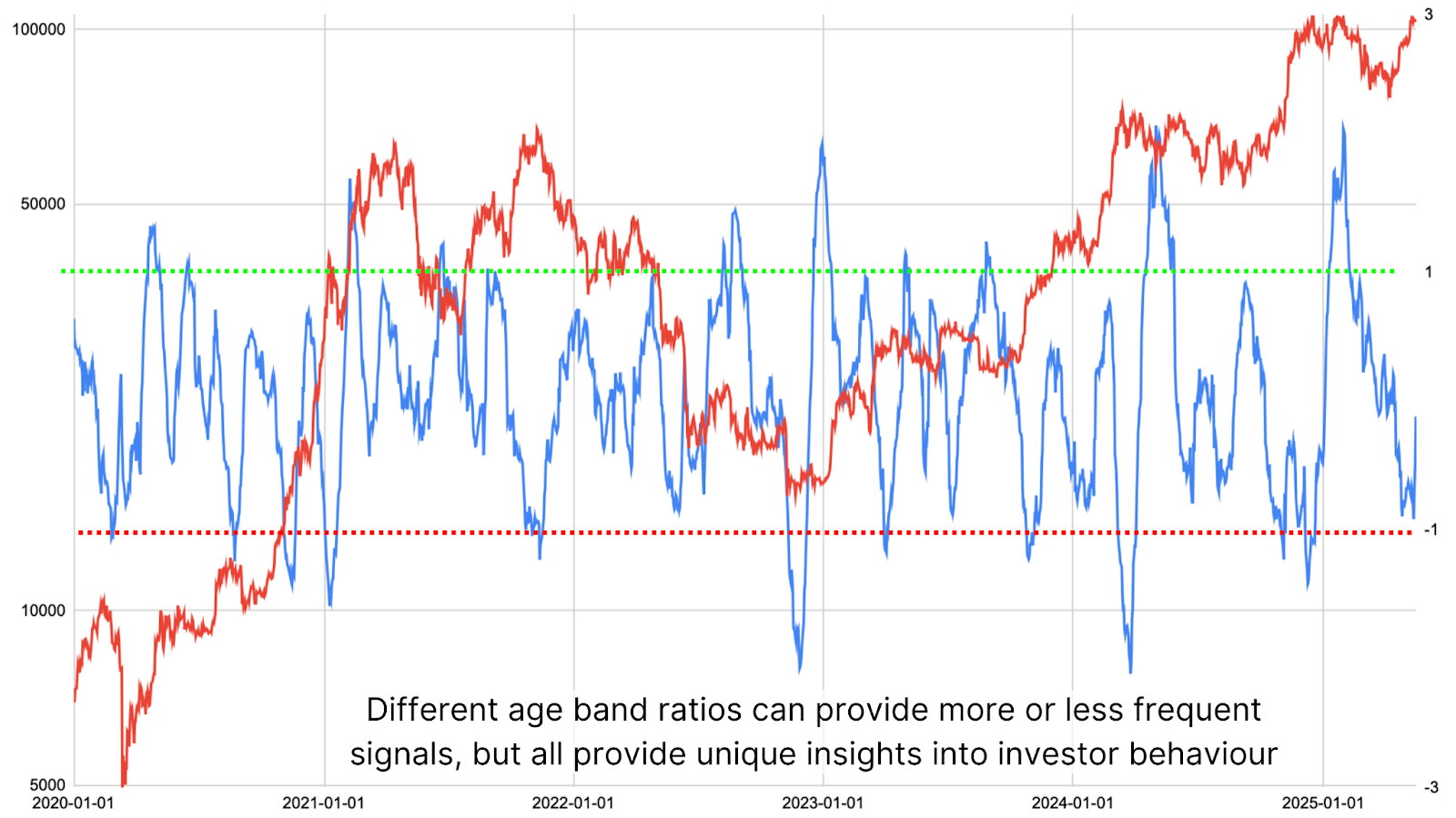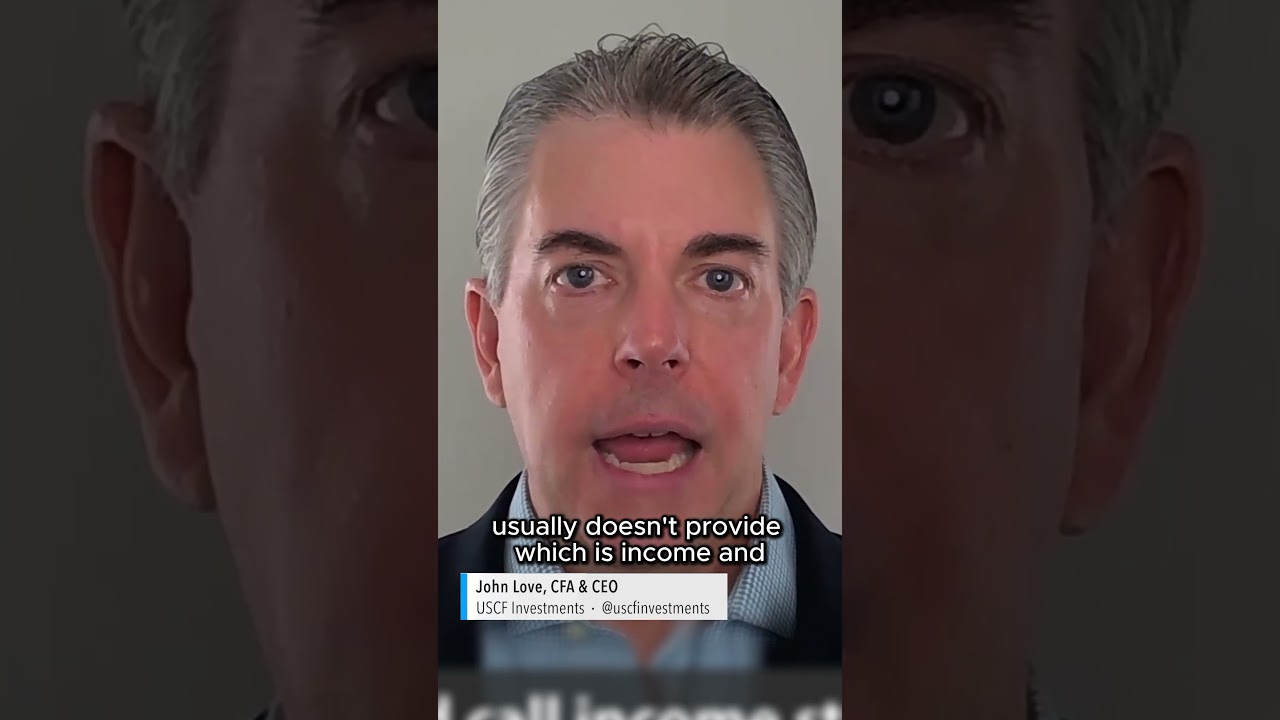If You’ve Saved $5 Million By 50, Do You Need to Keep Contributing to Your 401(k)?
If you are fortunate enough to have a pretty sizable amount of money tucked away by the time you are 50 years old, congratulate yourself. In a time and period when putting more money away every year is increasingly challenging, those who can should feel very accomplished and hopeful about retirement. This accomplishment will feel […] The post If You’ve Saved $5 Million By 50, Do You Need to Keep Contributing to Your 401(k)? appeared first on 24/7 Wall St..

If you are fortunate enough to have a pretty sizable amount of money tucked away by the time you are 50 years old, congratulate yourself. In a time and period when putting more money away every year is increasingly challenging, those who can should feel very accomplished and hopeful about retirement.
If you want to stop working early, hitting a $5 million savings goal is a good place to start.
The better question is, if you hit this magical number with your 401(k), do you continue to contribute or not?
The hope is that you can start to coast fire and maybe take a job you want with lower pay and enjoy life while keeping busy.
Are you ahead, or behind on retirement? SmartAsset’s free tool can match you with a financial advisor in minutes to help you answer that today. Each advisor has been carefully vetted, and must act in your best interests. Don’t waste another minute; get started by clicking here.(Sponsor)
Key Points
This accomplishment will feel especially great to someone 50 years old who already has $5 million in net worth. At this dollar amount, there is a good chance you can stop working for good, and you can even ask yourself if you can slow down on your savings a little and stop contributing to your 401(k).
What $5 Million Means
When you think about what having $5 million means as far as a retirement fund, the most common understanding would be to look at the 4% safe withdrawal rate. At this amount, you’d expect to be able to pull around $200,000 out annually pre-tax, which should be more than enough to live on, depending on your cost-of-living.
There is also a question of whether $5 million is more of a Coast FIRE number, which means you have saved aggressively early enough that your initial contribution can grow enough without any further contributions. This is precisely the kind of question you can ask with a number as high as $5 million.
Knowing that compounded growth is available starting at age 50, and even if you are modestly earning 6%, you’re looking at $8,954,238 by age 60 and just under $12 million by age 65. In other words, you might want to follow the advice of Kristi Sullivan, of Sullivan Financial Planning, who emphasizes focusing more on diversification at this point rather than continued contributions.
What About Coast FIRE?
So, what can you do with the $5 million banked away if you don’t contribute another dime to your account? The reality is that you have a lot of options, especially if you look at low to medium-cost-of-living locations.
In states around the Midwest and the Southeast (minus Southeast Florida), you likely only need between $80,000 and $100,000 to live comfortably. Knowing that your $5 million will continue to grow even without contributions and that your 4% SWR is more than double this number, you shouldn’t have any issues coast firing starting at age 50.
The same goes for living with predictable expenses, like paying off your house and keeping your travel to a minimum. If you don’t go crazy and have some discipline in your spending, such as not buying a summer home or constantly taking luxury vacations, there is little question you are in a great position to coast.
When Are More 401(k) Contributions Required?
If you have expensive tastes and want to live in a higher-cost area like San Francisco or New York, you may likely need to keep contributing. Living on $150,000 to $200,000 yearly after taxes is the best scenario for living comfortably in these locations. If you took out $300,000 per year to account for taxes, your $5 million is likely gone in 20 years, especially if you live in a state with higher taxes.
In these scenarios, a coast fire move likely isn’t the best scenario, and you would want to continue taking advantage of tax-deferred growth by contributing to your 401(k). Even with compounded interest, you’ll still need a larger buffer, which is even more necessary when considering the uncertainty of medical expenses.
Healthcare is undoubtedly the most unknown expense you can have as you get older, so having a larger buffer with more 401(k) contributions is helpful. Let’s say you need long-term care, which can average $100,000 per year in a facility, and isn’t something most people plan or save for.
This is in addition to any other scenarios where you might need additional cash flow, like paying college tuition, helping aging parents or live-in children, or even feeling safe against market volatility.
There’s a better-than-good chance that experts will tell you, like Boston University’s Mark Williams, that you look at your 401(k) plan regularly to adjust for risk tolerance, but you shouldn’t stop putting money away. He believes that diversification is the best strategy, but the bottom line is that you shouldn’t stop investing even if you hit your target number.
The post If You’ve Saved $5 Million By 50, Do You Need to Keep Contributing to Your 401(k)? appeared first on 24/7 Wall St..










































